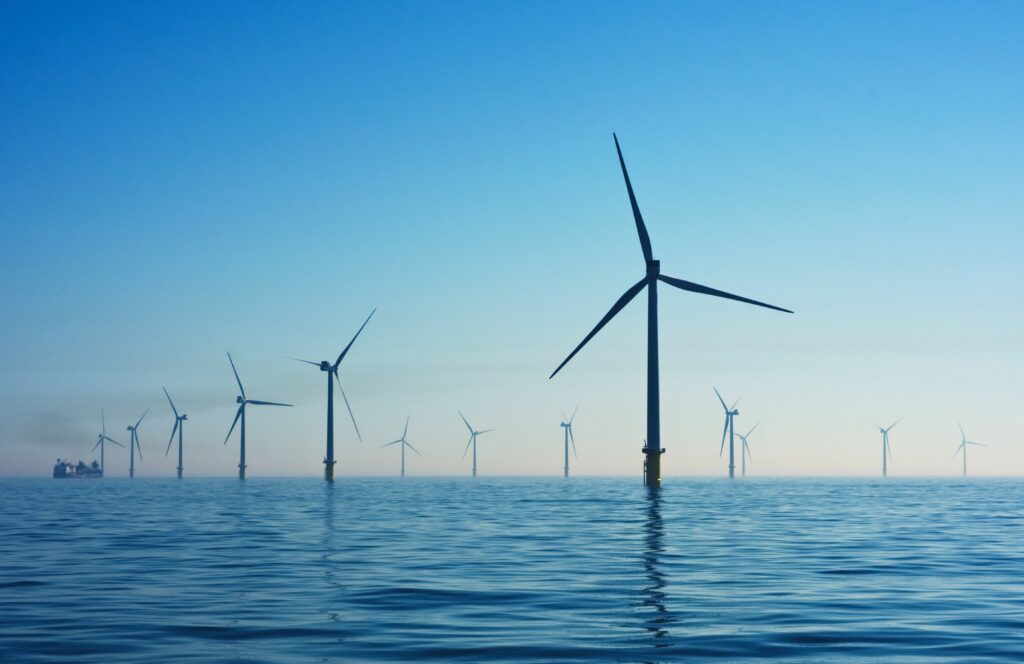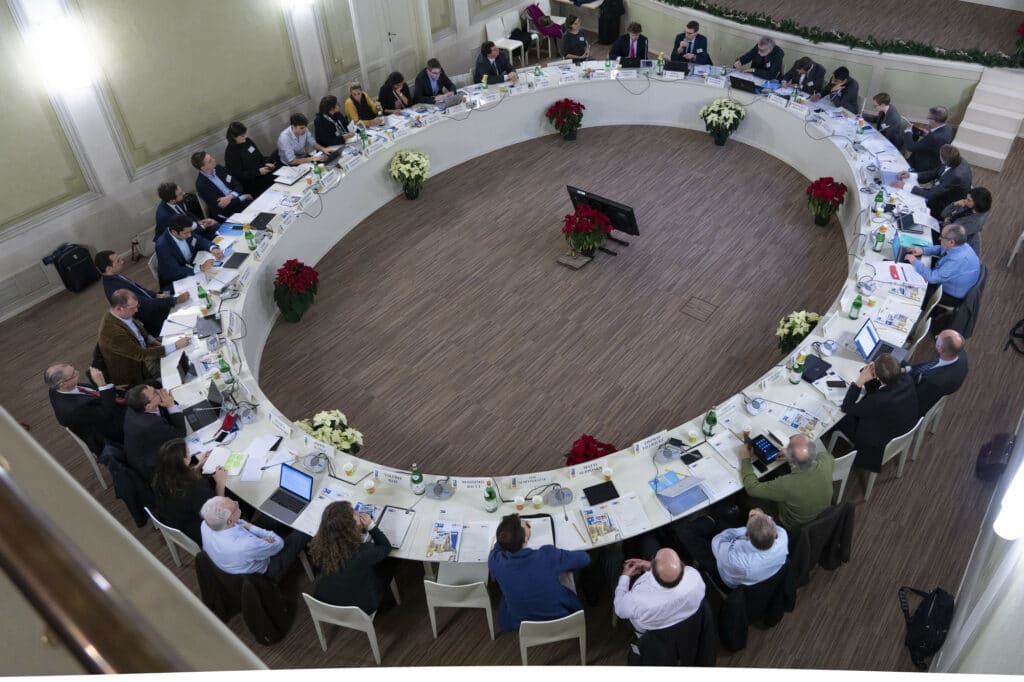Net zero: translating political will into action
Topic of the month: energy regulation and decarbonisation
The challenge of Net Zero: energy regulation and decarbonisation
This Topic of the Month discusses some of the challenges regulators face in helping to achieve net zero, and the actions that Ofgem, the British energy regulator, plans to take.
In the previous installments:
The regulator’s role and the dilemmas we face
Translating political will into action
Reflecting the scale of the challenges that climate change poses, political leaders across the world have made significant commitments to promote more rapid decarbonisation. In the EU, the European Commission launched the European Green Deal in December 2019, and has pledged bold action against climate change. In the UK, the government has committed to achieving net zero carbon emissions by 2050.
The European Green Deal is the roadmap for making the EU's economy sustainable, by turning climate and environmental challenges into opportunities across all policy areas and making the transition just and inclusive for all.
Energy regulators face important questions about how they should promote decarbonisation within their remits. The British regulator Ofgem announced in July 2019 that one of its three key objectives in coming years was to facilitate decarbonisation at the lowest cost to consumers. In February 2020, we launched our Decarbonisation Action Plan. This outlines what we expect to do in the near future to support rapid decarbonisation of the energy sector and the GB economy as a whole. Our nine key actions are described in the graphic below.

Together, these actions should support significant changes in the energy sector. For instance, a more coordinated offshore transmission network could help 40GW of offshore wind power to be connected to the British system by 2030, up from around 10GW now. Our work to encourage greater flexibility should enable new sources of demand, such as electric vehicles, to be integrated into the system without adding unnecessarily to consumer costs.
Behaviour change, by regulators, firms and consumers
Consumer behaviour will need to adapt to achieve decarbonisation. We have seen some signs of change, with many consumers using smart meters and smart heating systems to manage their energy consumption better. But more profound changes will be required to achieve a radical increase in system flexibility and energy efficiency. Much of this will be driven by new technologies and more granular price signals that help consumers to manage their demand without needing to make individual decisions about when to use energy. Work for the Committee on Climate Change has begun to explore how the required changes in behaviour could be achieved.
Regulators need to ensure that consumers are aware of the benefits of lower-carbon choices, that consumer choices are relatively simple, and that default arrangements, where possible, support decarbonisation. Our work on interventions to promote consumer engagement has demonstrated that well-designed interventions can have dramatic effects, with engagement increasing by ten times or more when consumers were supported to switch suppliers with the minimum of hassle.
Firms, too, will need to adapt their product offerings to a low-carbon world, for instance by helping consumers to manage their energy demand, potentially alongside increased energy efficiency. We aim to support innovation where possible by removing regulatory barriers to new business models, products and services, including through the expansion of our regulatory sandbox service.
The challenge of decarbonisation will also change how regulators can be most effective, and the skills we need. At Ofgem, we aim to be a more adaptive and data-driven regulator, and are working with industry to develop the tools we need to enable better decision-making when the best pathways to decarbonisation are highly uncertain.
The UK, like other countries, is on a decades-long journey to net zero, and Ofgem’s approach will inevitably evolve over time. We will monitor the impact of our work, and will take further action in future as opportunities arise.







